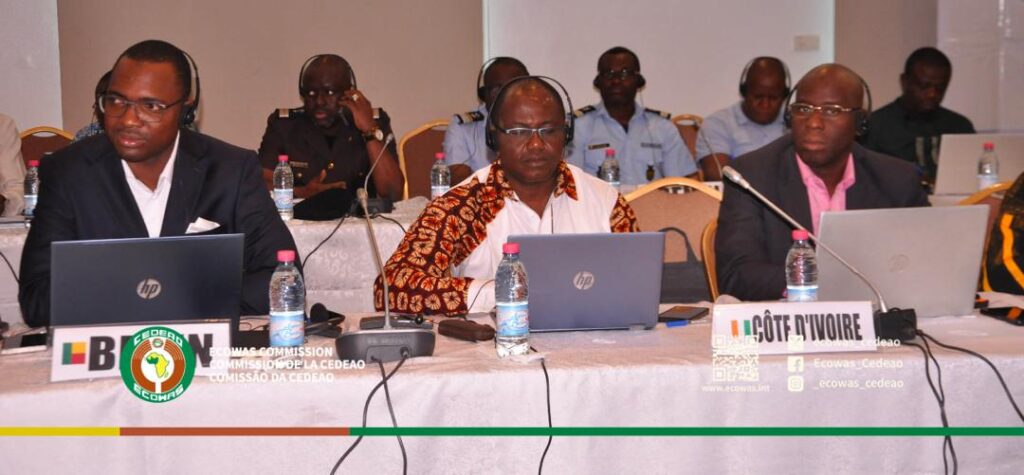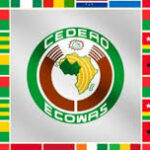ECOWAS Hosts Workshop to Validate Trade and Transport Framework for Abidjan-Lagos Corridor Highway
By Raymond Enoch
In a landmark effort to boost regional trade and connectivity, the Economic Community of West African States (ECOWAS) has hosted a three-day technical workshop in Cotonou, Benin, from January 29 to 31, 2025.

The workshop brings together policymakers, trade experts, and stakeholders to validate an Integrated Trade and Transport Facilitation Framework (TTF) for the Abidjan-Lagos Corridor Highway Development Project.
As ECOWAS celebrates 50 years of regional cooperation, the workshop highlights its ongoing commitment to enhancing trade and transport in West Africa. The Abidjan-Lagos Corridor, spanning 1,028 kilometers, that connects five of the region’s most economically dynamic cities—Abidjan, Accra, Cotonou, Lomé, and Lagos. The corridor also serves as a vital trade link for landlocked countries like Burkina Faso, Mali, and Niger, offering them access to major seaports and strengthening their participation in the African Continental Free Trade Agreement (AfCFTA).

However, persistent bottlenecks—including border delays, excessive checkpoints, and trade barriers—continue to hamper the smooth movement of goods and people.
The workshop seeks to tackle these challenges by validating recommendations that will streamline transport procedures and facilitate cross-border trade.
The Trade and Transport Facilitation Strategy under discussion includes several major reforms designed to modernize and standardize trade processes across the region. These include:

Also the workshop reiterated the r of the outdated Inter-State Road Transit Scheme. This reform aims to simplify and accelerate the movement of goods.
Standardization and Digitalization of Customs Procedures which according to experts will enhance efficiency, transparency, and compliance with international best practices.

Experts and government officials at the workshop have emphasized that strong political will is essential for the successful implementation of these reforms. Participants include representatives from ECOWAS Member States, the African Development Bank (AfDB), the European Union (EU), ALCO, and Borderless Alliance, all of whom stressed the need for regional cooperation in enforcing new policies.
According to Mr. Chris Appiah, ECOWAS Director of Transport, the Abidjan-Lagos Corridor Highway is a transformational project that will accelerate economic growth, attract investment, and create jobs. He highlighted that the construction of a six-lane dual carriageway will further enhance intra-regional trade, support industrial development, and foster economic hubs along the corridor.
Once fully implemented, the Trade and Transport Facilitation Framework will significantly reduce trade barriers, boost exports, and improve transport infrastructure. The project aligns with the ECOWAS regional integration agenda, ensuring that West African nations are well-positioned to leverage AfCFTA opportunities and compete on a global scale.
As the workshop concludes, stakeholders remain optimistic that their recommendations will receive high-level political backing, paving the way for a more efficient, competitive, and integrated regional transport network—one that will unlock West Africa’s economic potential for decades to come.










